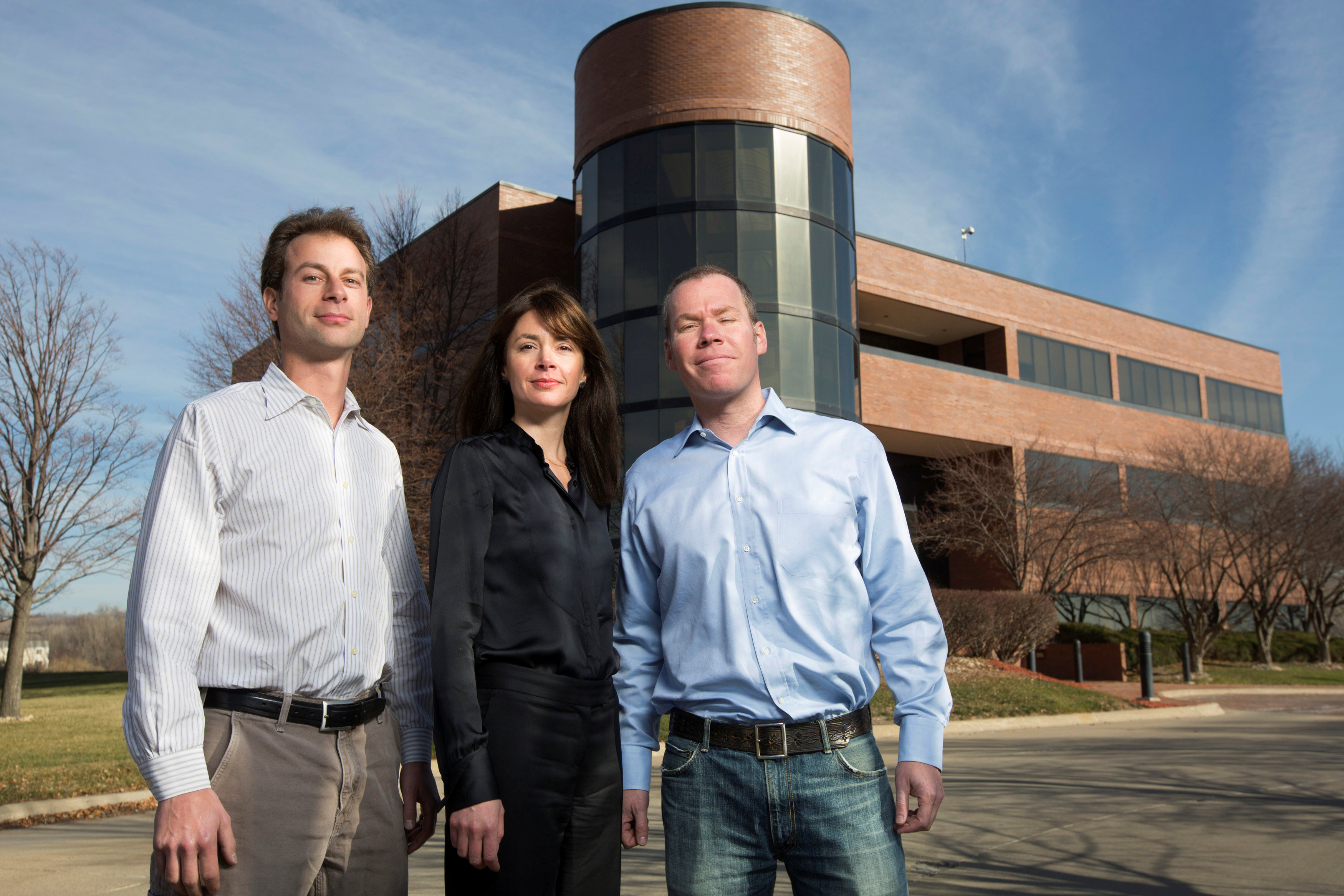
By Gina Cherelus
(Reuters) – A woman who says she was pepper-sprayed by protesters demonstrating against a planned appearance by a right-wing speaker in February has sued the University of California at Berkeley for infringing on her First Amendment free speech rights.
Kiara Robles of Oakland, California is suing 18 individuals and organizations including officials at the University of California, UC Berkeley’s police department, Berkeley Mayor Jesse Arreguin, the Berkeley Police Department, U.S. Representative Nancy Pelosi and investor George Soros.
“Robles was attacked with extremely painful pepper spray and bear mace by masked assailants amongst the protesters because she chose to exercise her right to freedom of speech and show support for the planned speaker, Milo Yiannopoulous,” according to the lawsuit.
The suit was filed on Monday in the U.S. District Court for the Northern District of California by Larry Klayman, a conservative activist and one of Robles’ attorneys.
In an emailed statement on Tuesday, Dan Mogulof, a spokesman for the University of California at Berkeley, defended the actions of campus administrators and police, and said the university would vigorously fight the suit.
A spokesman for the Berkeley mayor’s office, Stefan Elgstrand, said the office has no comment on pending litigation.
According to the lawsuit, Robles went to UC Berkeley to hear Yiannopoulous’ speech. But violence erupted after more than 1,500 protesters gathered on the campus, forcing the former Breitbart News editor to cancel his appearance at the liberal-leaning institution.
According to the lawsuit, the University of California, Berkeley unconstitutionally limited the First Amendment rights of its students and invitees at the event “who do not subscribe to the radical, left-wing philosophies sanctioned by defendants.”
Representative for the University of California’s office of the president and the city of Berkeley Police Department did not immediately respond to requests for comment.
A statement from Pelosi was not immediately available, according to a spokeswoman from her office, Caroline Behringer.
George Soros could not immediately be reached.
Robles is demanding a trial by jury and is seeking more than $20,000,000 in damages and other relief, the lawsuit said.
(Reporting by Gina Cherelus in New York; Editing by Daniel Wallis and Dan Grebler)












